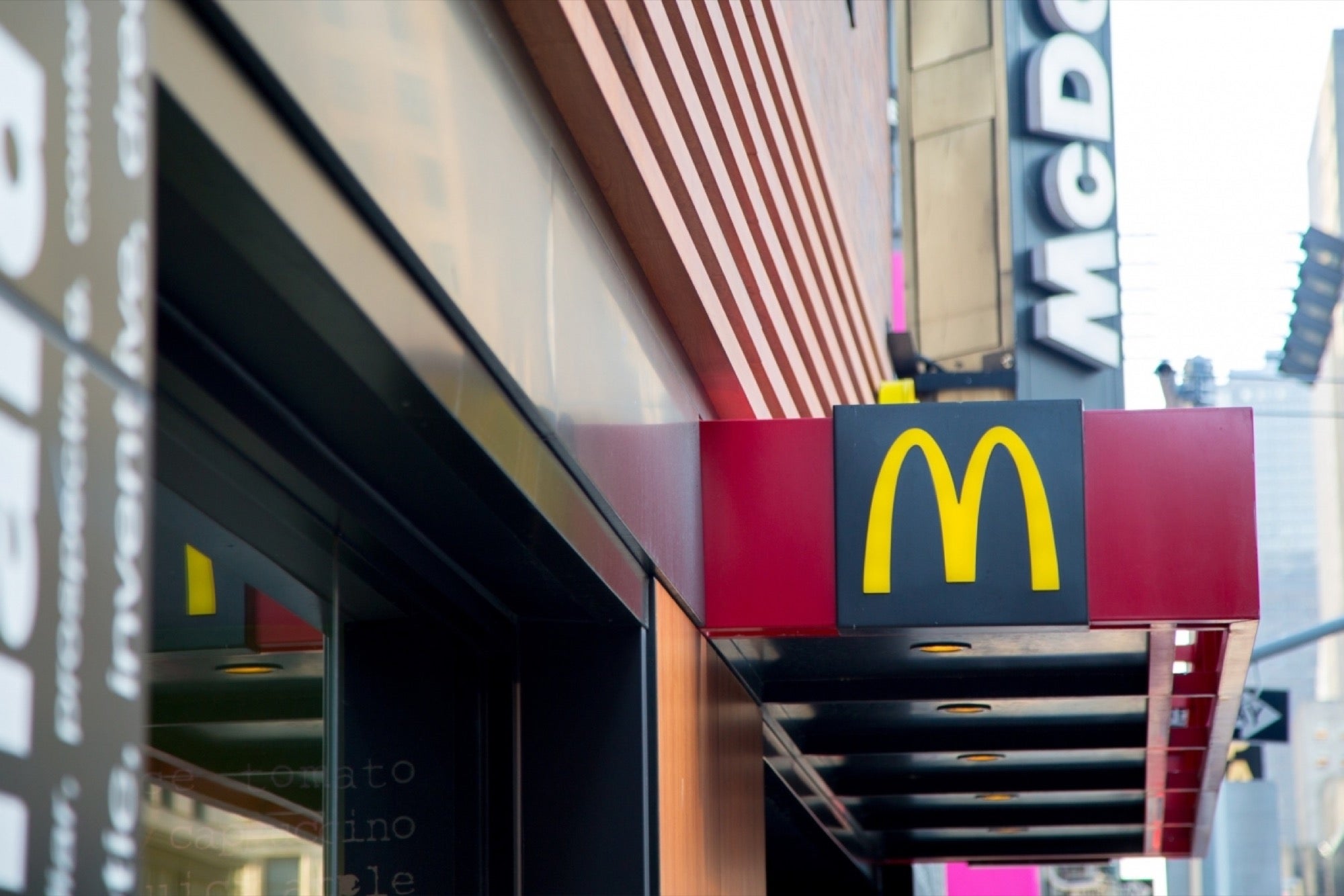Unions, Charity Accuse McDonald's of Avoiding $1.1 Billion in Tax In Europe, the fast-food giant is accused of routing revenues through a Luxembourg unit.
By Reuters
This story originally appeared on Reuters

Labor unions and a charity accused fast food chain McDonald's of avoiding around 1 billion euros ($1.1 billion) in tax between 2009 and 2013 by routing revenues through a Luxembourg unit and called on the European Commission to investigate.
Corporate tax avoidance has become a hot political issue in Europe and the EU executive has opened investigations into tax deals that some countries have cut with multinationals, including deals between Luxembourg and carmaker Fiat and online retailer Amazon.com.
Umbrella organizations for unions representing millions of workers in the United States and Europe and charity War on Want, called on the Commission to expand that investigation to include McDonald's.
The European Federation of Public Service Unions and The Service Employees International Union said McDonald's saved on tax by having restaurants make tax-deductible royalty payments equivalent to five percent of turnover to a lightly taxed subsidiary in Luxembourg.
McDonald's European office had no immediate response when asked for comment by Reuters. Previously, the company said it followed tax rules in the different jurisdictions where it operates.
In 2012, a Reuters investigation revealed that fast food restaurants including Burger King, Subway and McDonald's reduced their European tax bills by having their restaurants send royalty payments for the use of brands and know-how to low tax jurisdictions.
Filings in Luxembourg show that McD Europe Franchising Sarl, received over $1 billion in fees from franchisees and McDonald's subsidiaries across Europe in 2013.
It paid tax of just 1.4 percent on profits of $288 million in 2013 -- well below the headline Luxembourg corporate tax rate of around 29 percent.
The labor groups said the low tax rate could be due to the use of tax breaks for exploiting intellectual property, although the company could also benefit form the fact that many of its operations are through its Swiss branch.
By routing profits linked to patents or brands to Swiss branches or subsidiaries, companies can achieve low single digit effective tax rates, lawyers have told Reuters.
The civil society groups said the 1 billion euros tax saving they alleged, reflected what might have been paid if the royalties were retained in countries like France and Britain and taxed there.
(Reporting by Tom Bergin in London and Foo Yun Chee in Brussels; Editing by Keith Weir)











